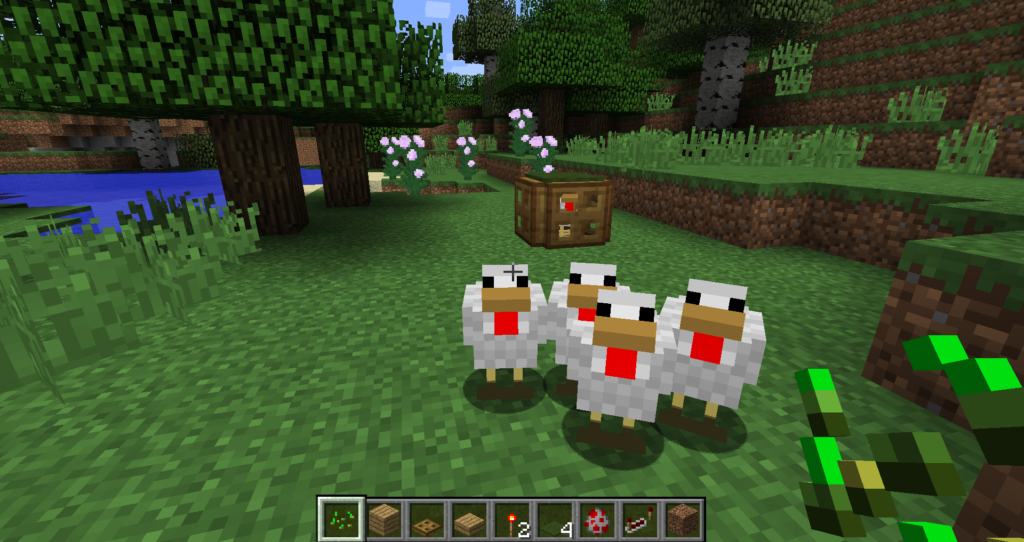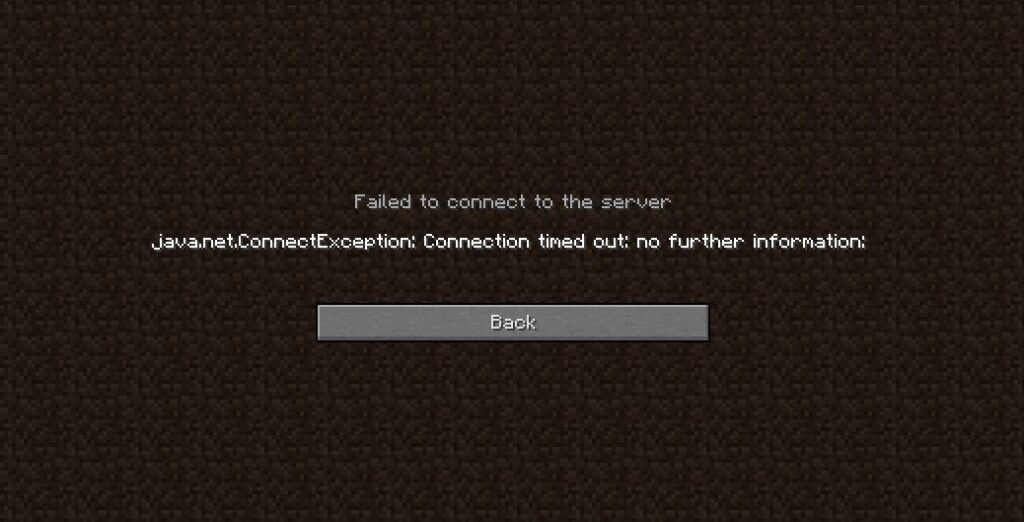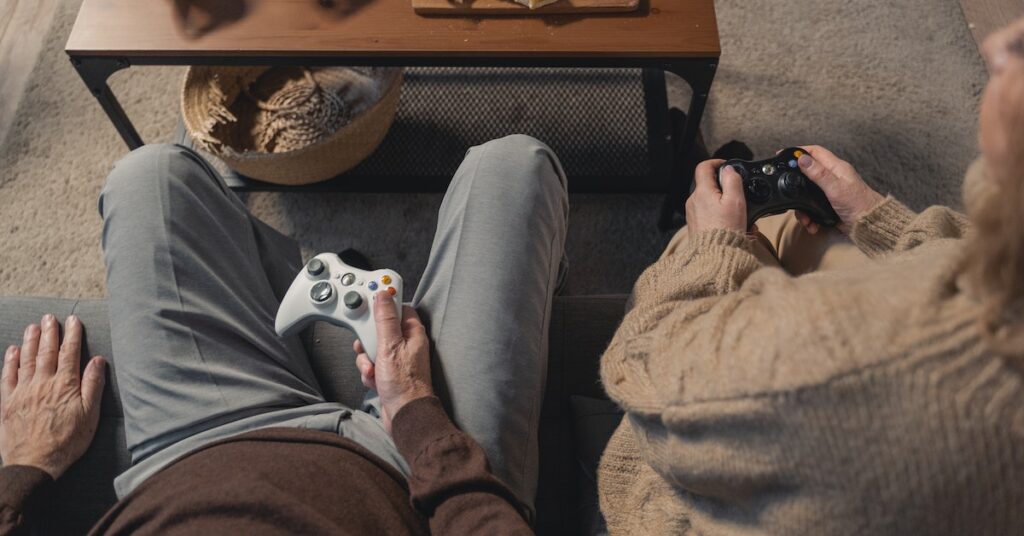Dear avid Minecraft adventurer, in its own very vast and enchanting realm, creativity knows no bounds. Players like you and me shape worlds of our own, and a captivating question arises: Can Minecraft servers detect mods?
Today, we embark on a thrilling journey to unravel the enigma surrounding this topic.
We will go into the subtleties of server discovery and modding. We’ll also examine how the captivating world of Minecraft strikes a careful balance between innovation and fair gameplay.
So gather your pickaxe, summon your courage, and let’s dive headfirst into the captivating world of Minecraft mods and the mysteries they bring to light.
What is Minecraft?
Minecraft, developed by Mojang Studios, is a sandbox video game that took the gaming world by storm upon its release in 2011.
In this blocky, procedurally generated 3D world, players have the freedom to build, mine, and explore to their heart’s content.
The game’s open-ended nature and limitless creative possibilities have contributed to its immense popularity. It is enjoyed by various age groups and gaming communities.
With millions of active players worldwide, Minecraft has become a cultural phenomenon and a breeding ground for unique player experiences.
Mods and their role in enhancing gameplay
Mods, short for modifications, are user-created alterations to the original Minecraft game code.
These modifications can add new features, mechanics, or content, transforming the game. They provide players with a wide array of enhancements and additions.
Mods allow players to customize their Minecraft experience, opening up new adventures, challenges, and opportunities for creativity.
They enrich the game and offer a more personalized and diverse gaming experience. They add new blocks, tools, and creatures and introduce complex gameplay changes.
Can Minecraft servers detect mods?
As the Minecraft community continues to grow, the question of the ability of servers to detect mods becomes a topic of interest and concern.
Players wonder if their use of mods will be visible to server administrators, operators, or other players.
This query touches upon the delicate balance between encouraging creativity and maintaining fair and enjoyable gameplay within the Minecraft community.
In this article, we will explore the significance of Minecraft mods in enhancing the gameplay experience.
We will shed light on the technical aspects of Minecraft servers and the mechanics behind mod detection.
Additionally, we will look at how anti-cheat plugins help to maintain fair games. We will also explore the ethical ramifications of mod detection and how server regulations impact player behavior.
Finally, we’ll talk about how mod detection will develop in the future. This discussion will shed light on its implications for the dynamic Minecraft community.
Minecraft Mods
As we stated earlier, mods, short for modifications, are user-created alterations to the original Minecraft game code.
These modifications introduce new elements, mechanics, and content. They allow players to customize and enhance their gameplay experience beyond the vanilla version of the game.
Different types of Minecraft mods and their functionalities
Some Minecraft mods focus on adding new blocks, items, or creatures to the game. This expands the range of possibilities for building and exploration.
Other mods may revamp gameplay mechanics, introducing challenges, quests, or new dimensions to explore.
There are also utility mods that provide players with tools to ease resource gathering. They also enhance inventory management or create intricate redstone contraptions.
The diversity of mods caters to players’ varied preferences, making Minecraft an ever-evolving and adaptable gaming experience.
Why do players use Minecraft mods?
Some players seek to add novelty and freshness to their gameplay. They aim to spice up their Minecraft adventures with new content and features.
Mods enable players to experiment and express their creativity. They can build awe-inspiring structures, try out unique game mechanics, or design intricate contraptions.
Additionally, mods offer the freedom to tailor the game experience to individual preferences. Whether that involves creating a more challenging survival mode or enabling peaceful exploration and building without restrictions.
The myriad of mods available empowers players to shape their virtual worlds according to their desires. This makes Minecraft an endlessly engaging and personal journey.
How Minecraft Servers Work to detect mods
Minecraft servers serve as central hubs connecting multiple players in a shared virtual world. They manage interactions and gameplay to create a seamless multiplayer experience.
The server side handles crucial functions like world generation and player movement validation. On the other hand, the client-side focuses on rendering graphics and processing user inputs, ensuring a balanced division of responsibilities.
Server administrators play a crucial role in maintaining a fair and enjoyable gaming environment. They enforce server rules, address player concerns, and detect and address cheating or disruptive behavior.
Their efforts contribute to fostering a positive and inclusive gaming community within the diverse and imaginative world of Minecraft.
Detecting Mods: Technical Aspects
Techniques used by Minecraft servers to detect mods
Minecraft servers employ various techniques to detect mods. These include analyzing the mod loader’s name or receiving a mod list from modern versions of Minecraft.
Some mods may hide information, making detection challenging, but certain cheat mods can still be identified through anti-cheat systems.
Overview of server-side detection methods
Server-side detection methods involve analyzing data sent by players’ clients to identify mod-related information.
Some servers utilize anti-cheat plugins to detect specific cheat mods by their effects on gameplay. These effects may include granting players the ability to fly or run faster than usual.
Limitations and challenges in detecting mods
Despite efforts to detect mods, many mods remain undetected. This can be attributed to their ability to avoid detection or their lack of detectable effects
Moreover, some mods can modify client-side aspects without revealing any information to the server, making detection even more challenging.
Additionally, false positives pose ongoing challenges for effective and accurate mod detection on Minecraft servers. The constantly evolving modding landscape adds further complexities to the detection process.
Anti-Cheat Plugins and Tools
Anti-cheat plugins and tools play a crucial role in maintaining fair gameplay and integrity within Minecraft servers. They help detect and prevent cheating, unauthorized modifications, and disruptive behavior.
Some popular anti-cheat plugins commonly used by Minecraft servers include NoCheatPlus, AAC (Advanced AntiCheat), and Spartan Shields.
Anti-cheat tools are effective in identifying certain cheat mods and suspicious activities.
However, they have limitations in detecting all types of mods, especially those that hide information or have no detectable effects.
False positives and the constant evolution of modding present ongoing challenges in achieving comprehensive and foolproof mod detection.
Nevertheless, anti-cheat plugins remain valuable assets in promoting a balanced and enjoyable gaming experience for players on Minecraft servers.
Controversies Surrounding Mod Detection
Controversies surrounding mod detection involve ethical considerations, as some players argue that detecting mods infringes on creative freedom and privacy rights.
False positives, where legitimate players are mistakenly flagged as using mods, can lead to unjust consequences, affecting innocent players negatively.
The challenge lies in striking a balance between preserving fair gameplay and allowing players the freedom to enhance their Minecraft experience through mods. This dynamic has prompted ongoing discussions within the gaming community.
Minecraft Server Rules on Mods and Cheating
1. Modifications that control your player or automate actions are prohibited.
2. Abusing a bug or glitch in the server to gain an unfair advantage is prohibited.
3. Using an alternate account to bypass a ban is not allowed.
4. Do not use any form of automated programs or scripts.
5. You cannot use alternate accounts to spam chat, commands, or other communication methods.
6. The use of stolen or hacked accounts is not permitted.
Future of Mod Detection
Advances in machine learning and algorithms may lead to more accurate and efficient detection of unauthorized mods on servers.
Server administrators and plugin developers will continuously update their anti-cheat systems to combat new cheat mods and evasion techniques.
The future may see servers allowing specific utility and cosmetic mods while maintaining strict enforcement against cheating or disruptive modifications, striking a balance between fair gameplay and creative freedom.
Conclusion
The ideal answer to this question (Can Minecraft servers detect mods?) is nuanced and depends on the specific mods being used and the mod loader employed.
While some mods might be directly detectable by servers, others may remain undetected, raising questions about the balance between encouraging creativity and maintaining a fair gaming environment.
Anti-cheat plugins and tools play a role in identifying certain cheat mods, but the landscape of mod detection remains complex and continually evolving.
Ultimately, striking the right balance between preserving fair gameplay and fostering creativity will be crucial for the Minecraft community’s sustainability.
By maintaining transparency, open communication, and an inclusive environment, Minecraft servers can continue to be a vibrant hub for players worldwide.






